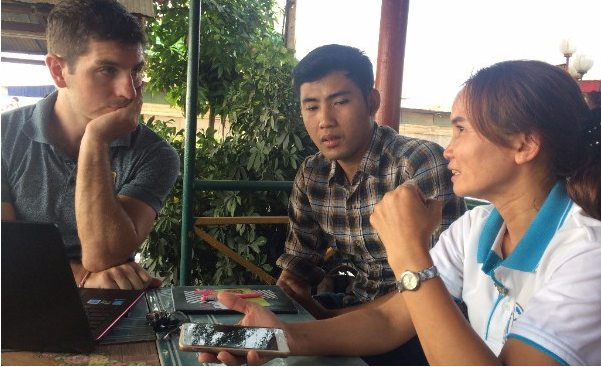A recent report has shown that a large project run by Abundant Water in rural Laos has had significant positive effects.
Households that have gained access to clean water report better health, saved time and money, reduced firewood consumption, and reduced physical labour, particularly for women.
The water filter promotion project, which received funding from the Australian Government's Direct Aid Project (DAP) in 2015, was implemented in Xaisomboun Province in 33 villages. Abundant Water worked closely with our partner ACTD, a locally-based NGO. By the project’s completion in September 2016, 794 filters had been installed, and 3864 people had access to clean water.
Having access to filtered water cut down on water-related disease, with 90% of family members free from stomach ache after installation. While boiling water is also effective at reducing water contamination it requires many hours of labour for female household members, who are mostly responsible for collecting wood, preparing fires and boiling the water. Through the installation of the water filters 86% of households reported time saved by not boiling water, which reflects a significant impact of filter use on womens' day-to-day lives.
Poor health from unclean water can mean lost work days, lost school days and increased spending on hospital visits and medication. Some households also spend money on buying bottled water and firewood. The survey showed that 65% of families saved 5,000 – 20,000 kip (AUD$1-3) a week, with the majority saving around 10,000 kip a week. Finally, the reduced consumption of firewood to boil water has a positive environmental impact - less wood needs to be cut from local forests.
NEXT STEPS
Laos is home to our flagship program. We first introduced our filter technology and started developing our organization here ten years ago.
These results have encouraged us to level-up and plan an innovation and training hub in Xaisomboun Province to share our filter technologies. Our aim is to train other non-government organisations and local civil society organisations in how we facilitate small businesses to use and sell the filters to their local communities.
This is exciting because it highlights our transition from a small startup NGO to a more complex, adaptable one that can pass on knowledge to other organisations and increase the impact of the filters beyond what we can do alone. We continue to value sustainability, efficiency and longevity in our plans moving forward. We look forward to embarking on this next trajectory.


